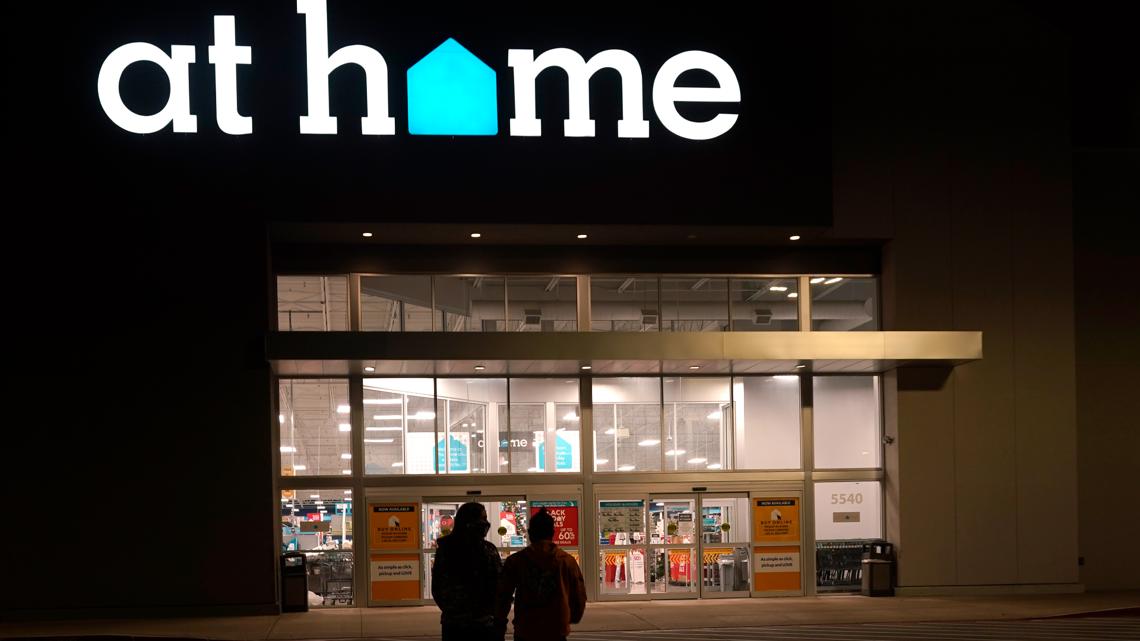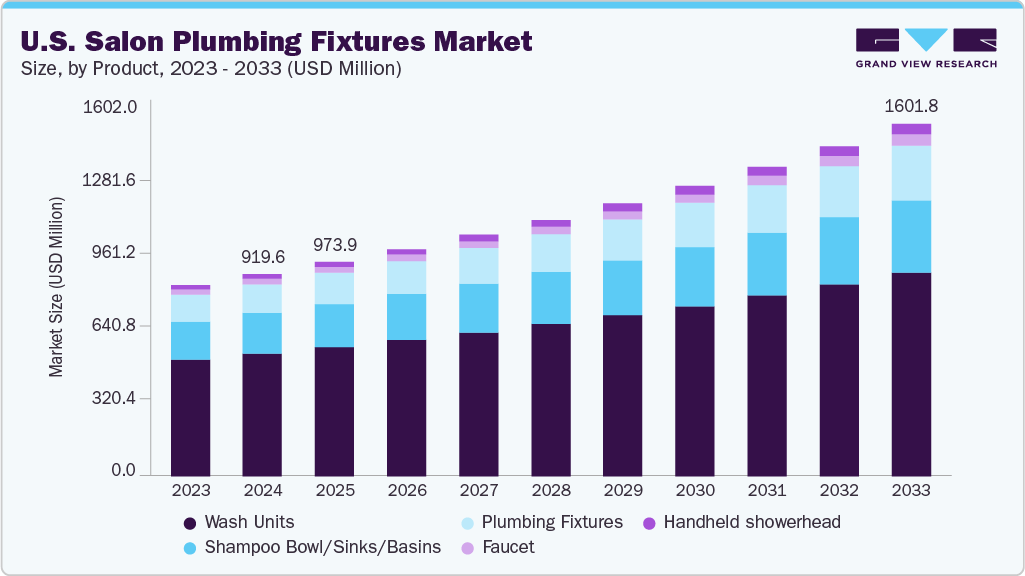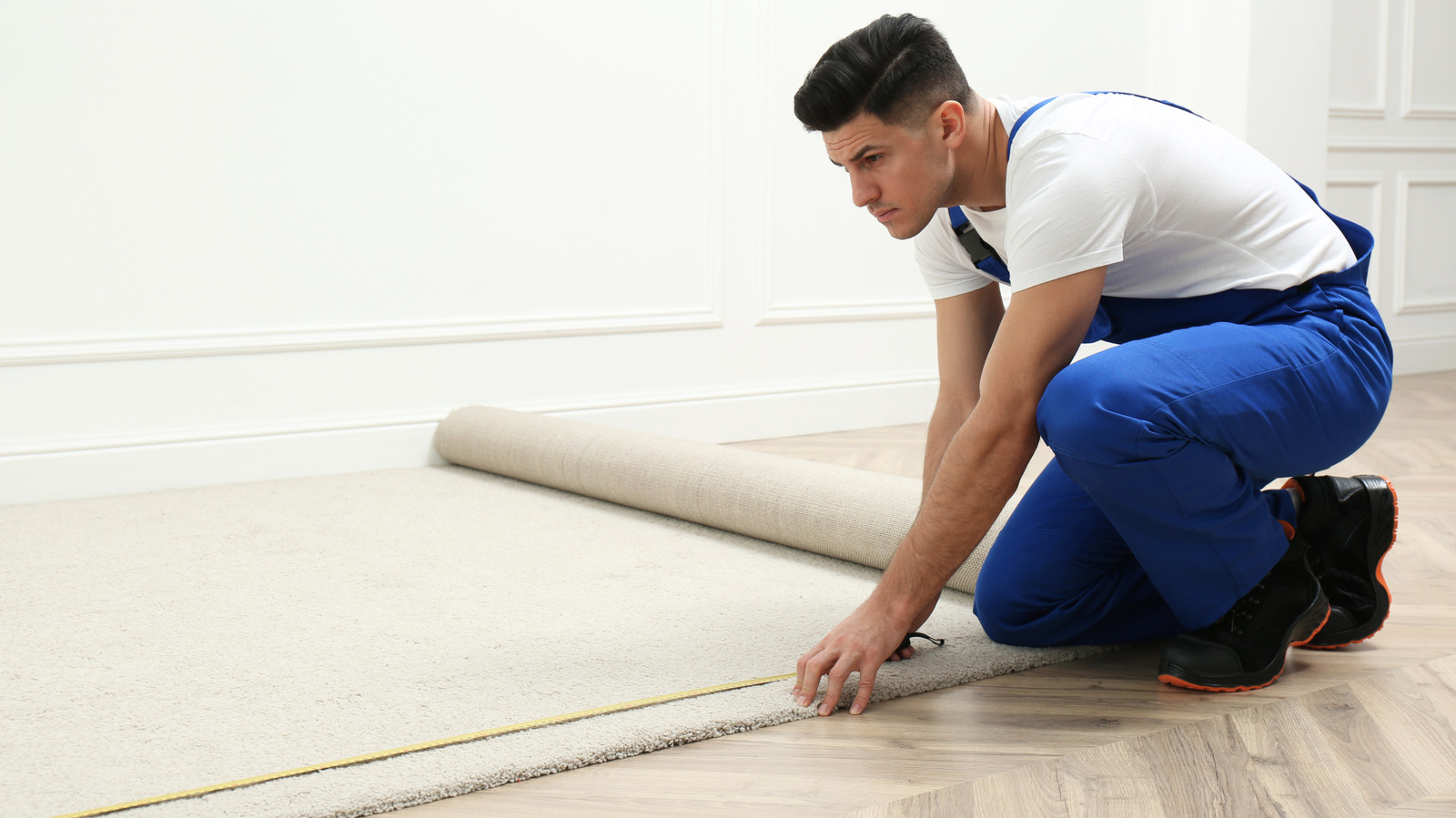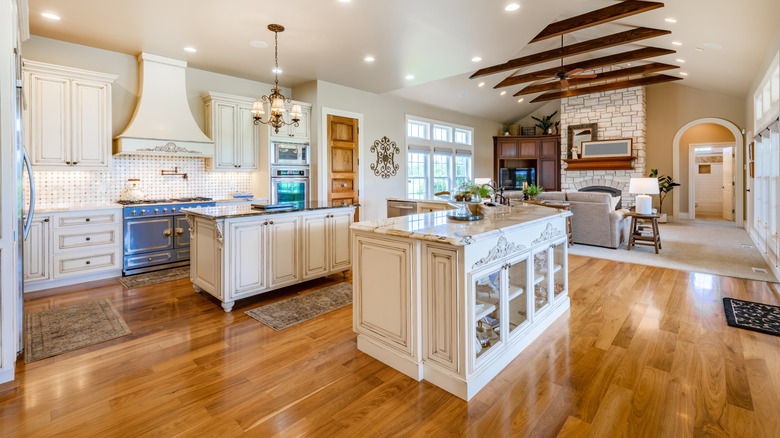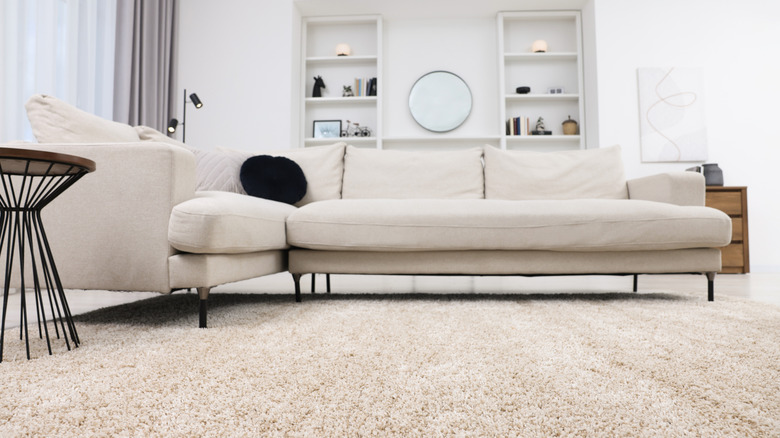For many homeowners, their house, in addition to serving as a space to live, love, and relax, is also their largest investment. When it comes to home improvement projects, cost considerations take into account both the immediate cash outlay and how much value the project will add to the home when a “for sale” sign goes up out front. That’s definitely the case for what you choose to put beneath your feet, whether it’s hardwood floors or carpeting. In an exclusive interview with House Digest, Joy Aumann, a Certified International Property Specialist (CIPS) licensed realtor, interior designer, and founder of LUXURYSOCALREALTY, shared her thoughts on the better flooring choice. According to Aumann, carpet can be a more budget-friendly option to install, but hardwood flooring has a greater return on investment (ROI).
“Because it is more durable, hardwood flooring will usually come out on top, offering homeowners a higher resale value,” she said. “The ROI on hardwood floors can range anywhere from 70% to 118%, depending on the type of wood used, the installation costs, and the market conditions at the time.” On the other hand, carpeted floors generally cost less for the initial install. That cheaper price also means a lower increase on your home’s value. “The ROI for carpeted floors is significantly lower, ranging from about 25% to 85% – and that’s for a brand new carpet,” Aumann said. She noted that this calculation can also depend on the quality and condition of the carpet material. So if you’re thinking about long-term value, don’t just get caught up in the initial project costs.
Cost and value of hardwood flooring
“For standard hardwood flooring, it’ll usually cost you between $6 and $18 per square foot (including installation),” Joy Aumann shared in her exclusive House Digest interview. “But for any exotic hardwoods, or specialty finishes, those prices can rise up to $30 per square foot.” When choosing hardwood floors, “For an average living room that’s about 340 square feet, you’ll probably spend between $2,500 and $7,500 on the installation. For a whole house of about 2,000 square feet, it can range from $14,700 to $44,000,” Aumann shared.
Despite these high installation costs, hardwood flooring can last you a lifetime. Whether you hire a pro to refinish your hardwood floors or DIY it, the material can be refinished to keep it in tip-top shape. That way you can avoid a replacement and save money in the long term. Plus, it’s relatively low maintenance. Beyond the aesthetic appeal, longevity, and durability of hardwood flooring, it’s also versatile, which contributes to its marketability for increased home value.
On the downside, however, Aumann explained that you will pay more initially for hardwood flooring in part because it can be complex to install. You’ll also need to prevent humidity from destroying your hardwood floor, and it can be sensitive to shifts in temperature, too. Further, if you want to maintain a hushed tone in your home, you may not appreciate the noise levels associated with the wood planks. Despite these cons, “Hardwood floors can seriously enhance a property’s value and marketability,” Aumann said. “So although they’ll cost you more to start, its long-term durability and potential for increased resale value makes it worth it.”
Cost and value of carpet
“For carpeted floors, you’re looking at $2 to $8 per square foot, including the material and labor costs,” Joy Aumann exclusively told House Digest. The price increases slightly if you want to add padding, roughly an extra $0.25 to $1 per square foot, while adding carpet to a staircase can increase the price by $0.25 to $2.00 per square foot, she explained. It is significantly less expensive than hardwood, which can make it a cost-effective option for homeowners. “For example, carpeting a standard 10′ [by] 12′ room can cost anywhere from $200 to $900, while carpeting an entire 1,000 square foot home may range from $1,800 to $7,500.”
There are also other benefits to carpeting besides just the low price. Aumann added that they can provide noise reduction and increase safety. They are warm and comforting, giving your space a cozy feel. Carpets come in a variety of styles and colors, and they can be stylish, too. Carpets, however, require more maintenance than hardwood floors, and they won’t last a lifetime. “Keep in mind that carpets accumulate allergens and stains over time, which means they require frequent cleaning, and should be replaced every 5 to 15 years,” Aumann added. You may notice signs your carpet is causing allergy attacks. Plus, this flooring is also susceptible to water damage and overall is less durable than hardwood floors. In the end, Aumann stated, “If you’re looking to maximize your property’s value (and your ROI), hardwood flooring is the better choice.”




